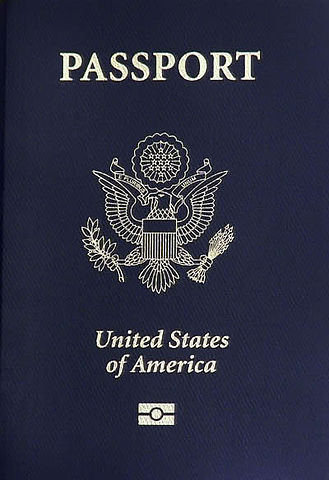Passport vs Visa
Passports and visas are two separate entities that are related to one another. Passports are travel documents that establish a person’s identification, whereas visas are a type of permission granted by a government for a person to enter, stay, or transit within a specific country. Both passports and visas are essential for international travel, but they serve different purposes and are issued by different authorities.
What is a Passport?
A passport is a travel document that contains the owner’s name, sex, date of birth, place of birth, citizenship, and profession. This information helps to determine and establish the personal identification of the traveler. Passports are issued by a national government and can be of various types, such as ordinary passport, official passport, diplomatic passport, temporary passport, family passport, camouflage passport, and fantasy passport (which is not a legal travel document but a souvenir).
What is a Visa?
A visa is a form of permission granted by a government for a person to enter, stay, and transit in a specific country. It is an official document in the form of a stamp that appears in the passport itself. There are various types of visas, such as tourist visa, transit visa, business visa, temporary worker visa, and student visa, catering to the needs of travelers from different walks of life.
Key Takeaways
- The main difference between a passport and a visa is that a passport is a travel document, while a visa is a form of permission.
- A passport is issued by the government of the country the traveler belongs to, while a visa is issued by the government official of the country the traveler hopes to visit.
- Passports are separate documents, usually in the form of a small booklet, while visas are stamps that appear on the passport itself.
